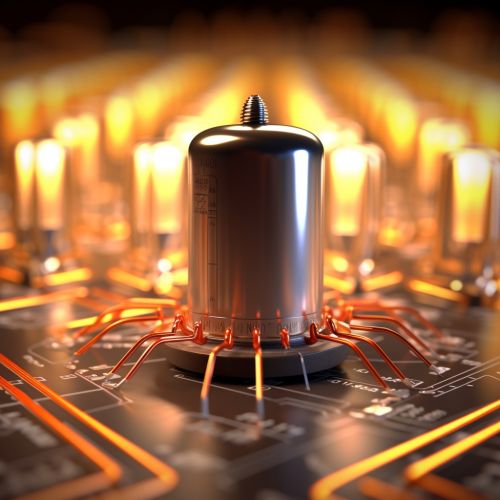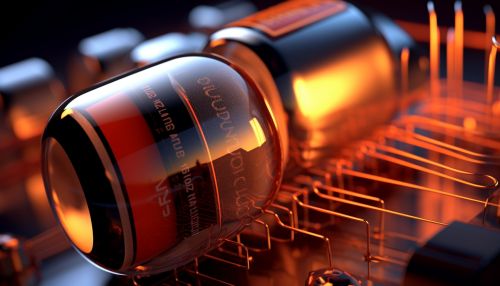Capacitance
Introduction
Capacitance is a fundamental concept in electrical engineering and physics, representing the ability of a body to store an electric charge. It is the ratio of the change in an electric charge in a system to the corresponding change in its electric potential. The standard unit of capacitance in the International System of Units (SI) is the farad (F).
Fundamentals of Capacitance
The concept of capacitance is rooted in the field of electrostatics, where it is used to quantify the amount of charge that a conducting object can hold. Capacitance is defined as the ratio of the magnitude of the charge on each conductor to the potential difference (voltage) between them.


The formula for capacitance (C) is given by:
C = Q/V
where:
- Q is the charge stored in the capacitor, and
- V is the voltage across the capacitor.
Capacitors
A capacitor is a two-terminal electrical component that stores electrical energy in an electric field. The effect of a capacitor is known as capacitance. Capacitors are widely used in electronic circuits for blocking direct current while allowing alternating current to pass, among other uses.
Types of Capacitors
Capacitors come in a variety of forms, each with its own advantages and disadvantages, and are chosen based on the requirements of the specific application. Some common types of capacitors include:
Capacitance in Electrical Circuits
In an electrical circuit, the capacitance of a capacitor affects how the circuit responds to a change in voltage. A capacitor with a high capacitance will store more charge for a given voltage than one with a low capacitance.
Capacitive Reactance
In alternating current (AC) circuits, capacitance gives rise to a property known as capacitive reactance, which opposes the change in voltage across it. The capacitive reactance (Xc) is given by the formula:
Xc = 1/(2πfC)
where:
- f is the frequency of the AC signal, and
- C is the capacitance.
Applications of Capacitance
Capacitance plays a crucial role in many areas of electronics and electrical engineering. Some of its applications include:
- Power supply filters: Capacitors are used in power supplies to smooth out the ripple voltage.
- Coupling and decoupling: Capacitors are used to couple signals between two circuits or to decouple unwanted signals.
- Timing circuits: Capacitors are used in timing circuits to create delays.
- Sensing: Capacitive sensing is used in a variety of applications, from touch screens to proximity sensors.
